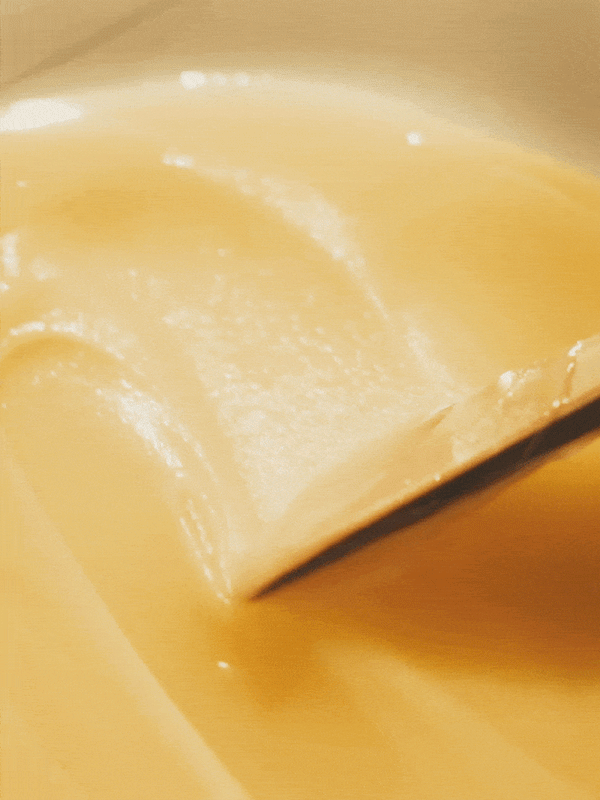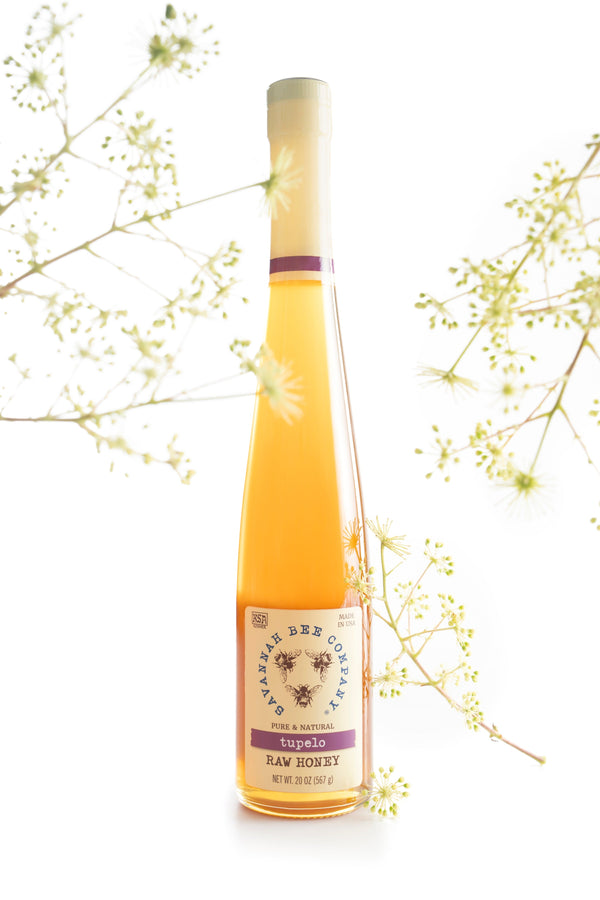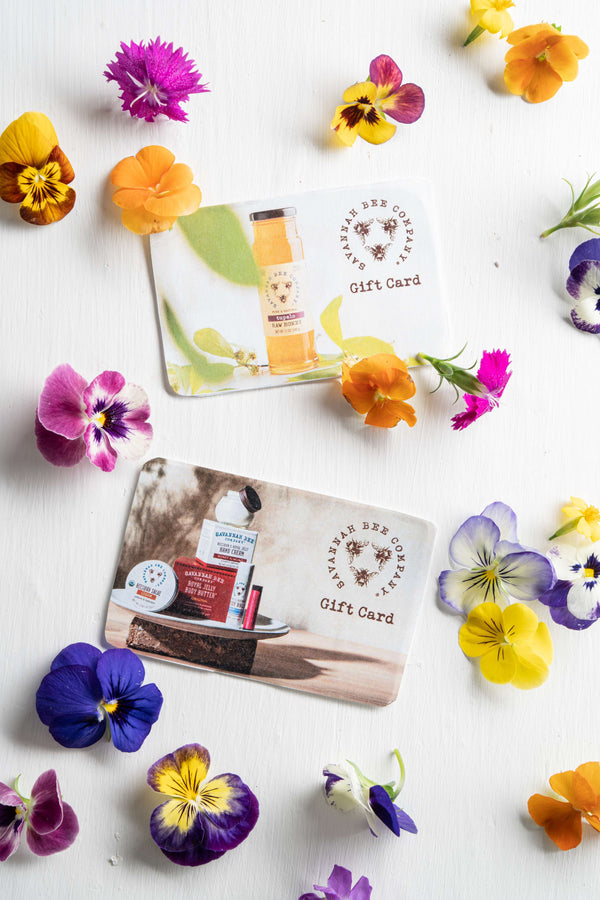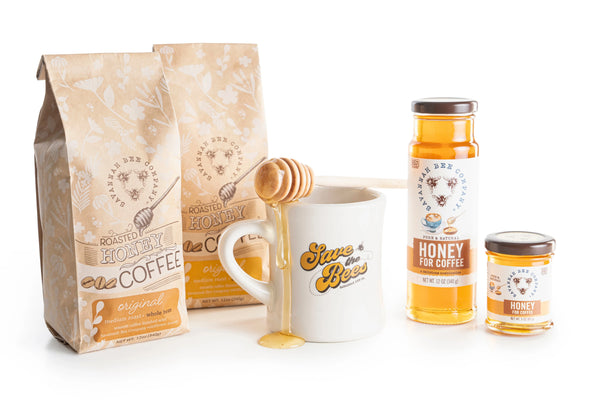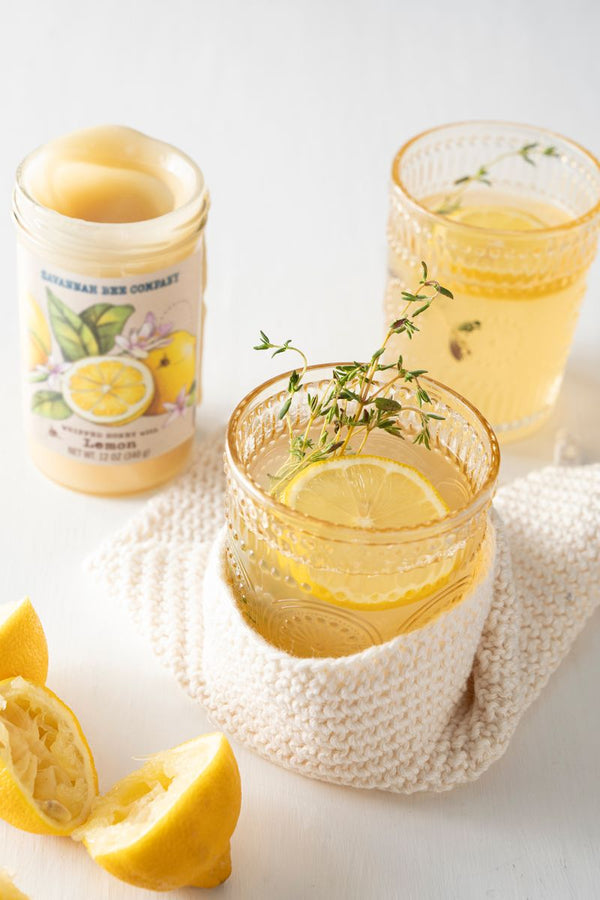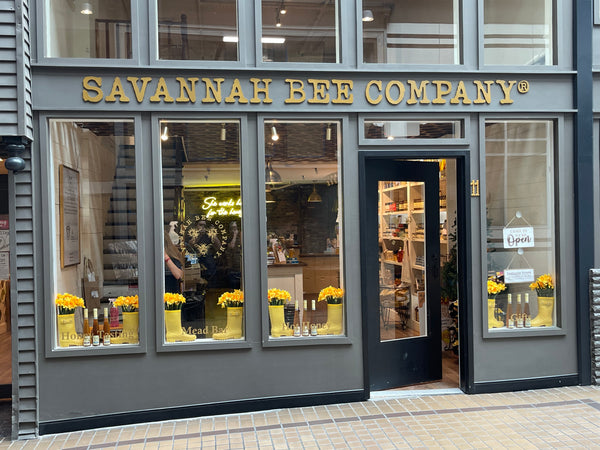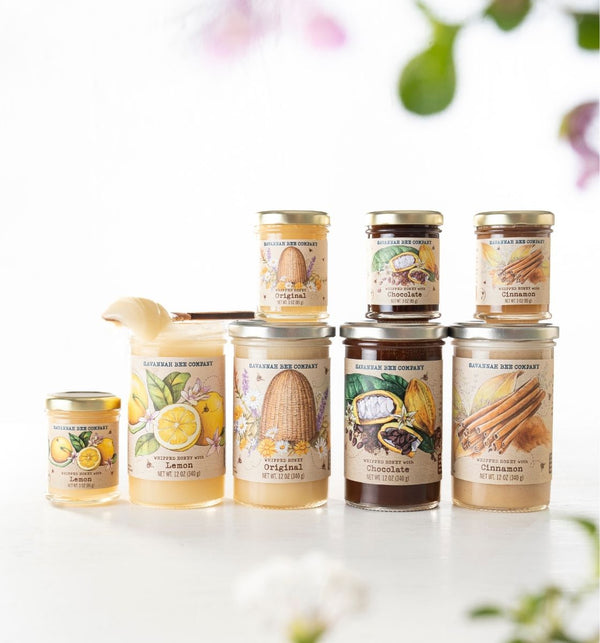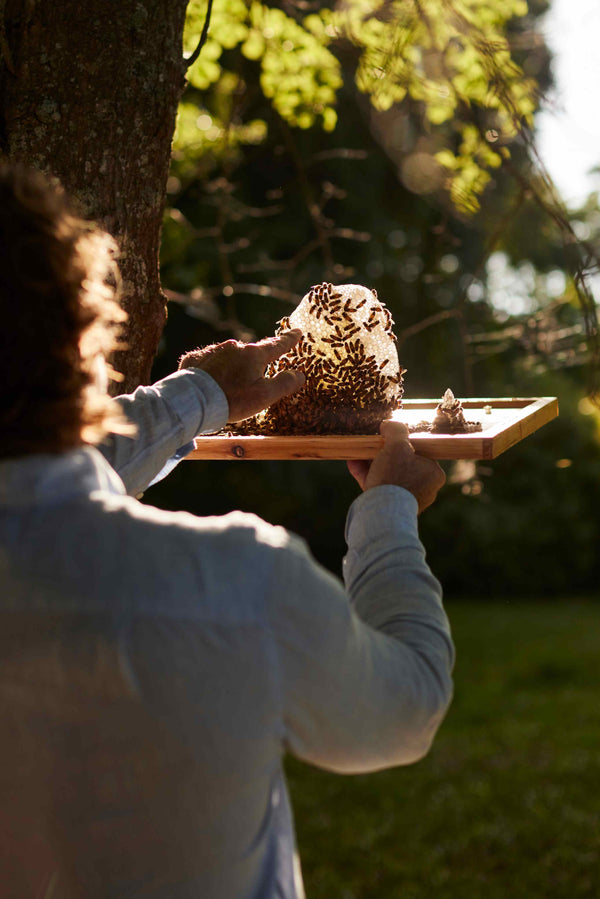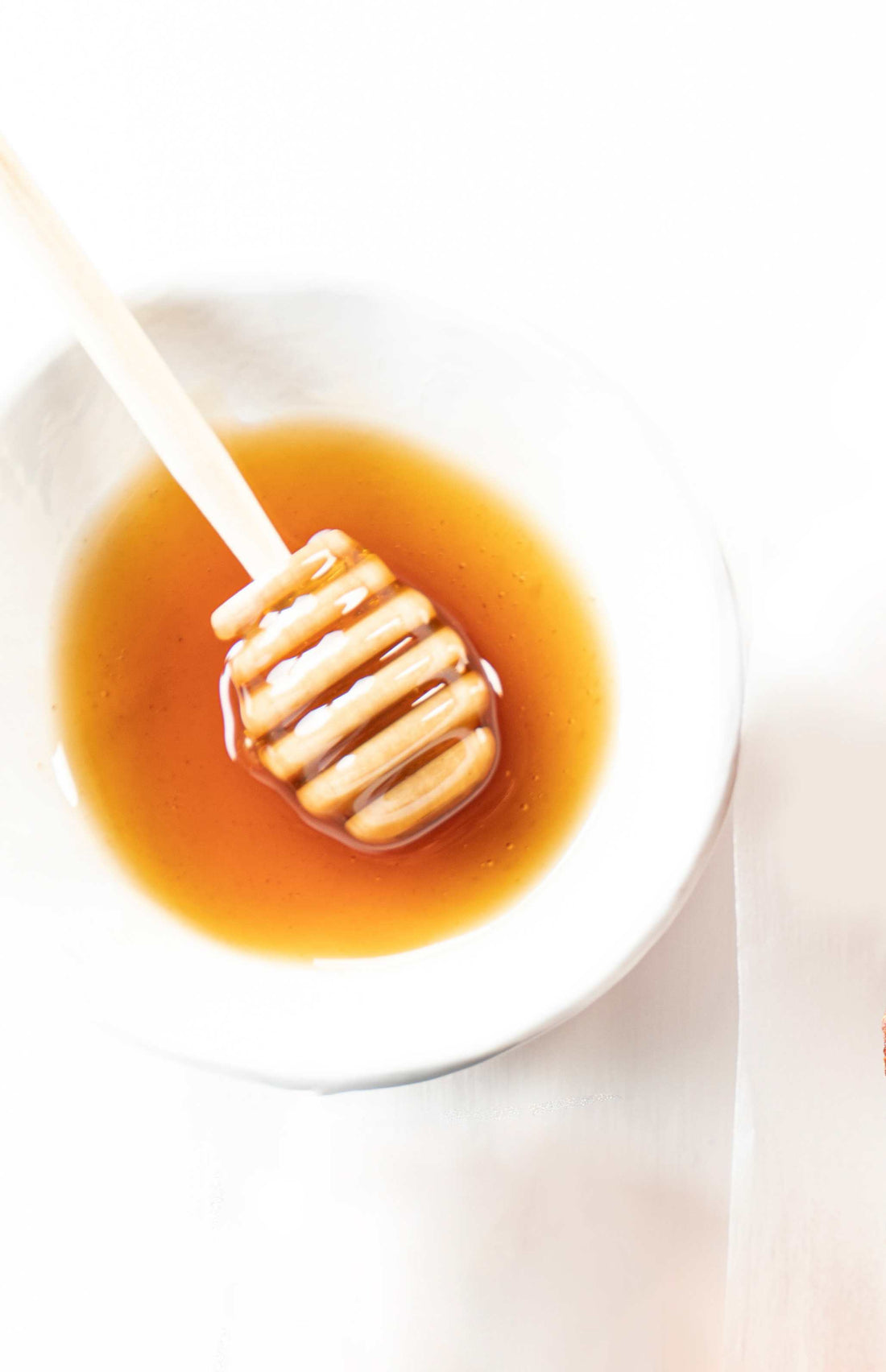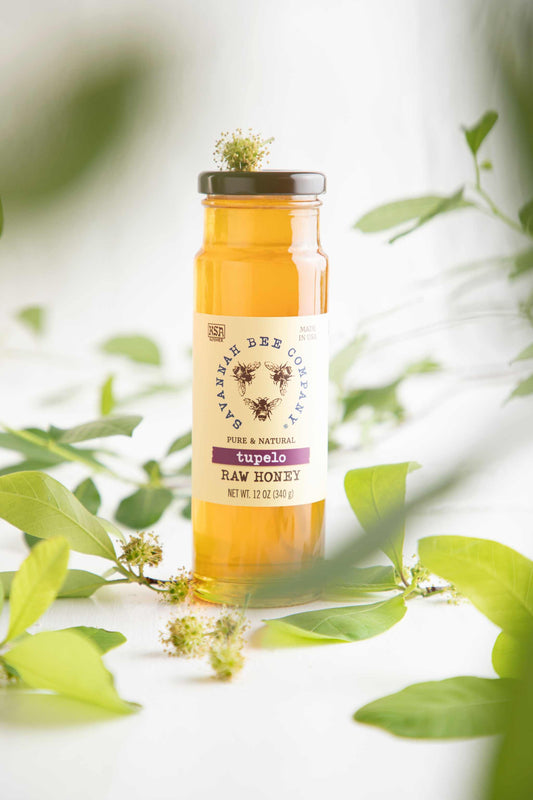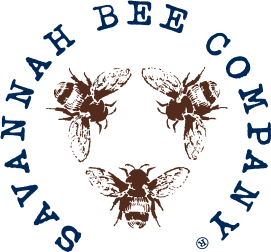Real vs. Fake: What is Pure Honey?
Did you know that honey is the third-most-faked food globally?
Yep, right behind milk and olive oil. The sad reality is that honey adulteration is widespread, and that leads to highly questionable “honey” lining supermarket shelves.
A major reason behind the honey industry's troubles is the absence of regulation. Companies want to be able to produce massive amounts of honey for cheap and they cut corners to do so, and with no regulation these oversights are like an all-access pass for these honey impostors to infiltrate our pantries.
Questionable Practices
A Taste of Home article sheds light on the questionable practices within the honey industry, revealing that a significant portion of honey sold in supermarkets is not pure.

Manufacturers of commercial honey often subject it to high-temperature pasteurization or ultra-filtration processes, both of which diminish the health benefits, texture, aroma, and genuine flavor of real honey. Producers frequently dilute honey with high-fructose corn syrup, resulting in a smooth, flawless liquid misidentified as pure honey.
And then there is "honey laundering," or the illicit trade of adulterated or mislabeled honey. Honey laundering involves the practice of disguising honey origin and altering its composition. This form of fraud makes it difficult to detect and prevent the sale of impure honey, posing a significant challenge to food authorities and consumers
Always Read The Label
Real Simple's article, The Surprising Truth About Store-Bought Honey emphasizes the importance of understanding the information on honey labels.
It points out common misleading practices, like the use of vague or even false descriptions, which may not necessarily indicate the honey's quality. Being aware of the honey's origin and production methods are important if you want to know that what you’re consuming is REAL honey.

As you could’ve guessed, we don’t believe in compromising the integrity of your beloved natural sweetener. And while honey sourcing is a complex process, we won’t cut corners.
How Savannah Bee Company Stands Apart
Ted’s Standards: Our honey sourcing journey begins with one man, our bee-loving founder Ted Dennard, who’s been beekeeping for 44 years. The first step to sourcing is a fragrant one. Ted and team seek out the purest, most expansive nectar source - and that means millions of untouched flowers. “Not where there’s hundreds of those flowers, but millions. We are looking for the best and we go where the source is,” Ted explains.

Our Sourcing Philosophy: When sourcing premium honey, you have to account for a pure flower-source, but also location, weather and, of course, who you’re working with. “You need your beekeepers to do what’s right - beekeepers that clean and take care of their equipment.”
Partnering with Passionate Beekeepers: Most importantly you need beekeepers that love what they do. Whether they are in Spain, Mexico, California, or Hungry, they have to share our goal - saving the bees.

“We’re all so different, but all united in bees. It’s a common denominator that connects us all.” After travel, research and connecting to farmers and beekeepers around the world, we eventually find the places that meet our standards.
Criteria for Our Honey: When it’s time to harvest, you’re looking at the color, taste, purity and crystallization speed. “We want our honey to granulate slowly,” Ted explains, so it can stay in it’s liquid state for longer.
Our Purity Process: And for purity? That’s where the honey test comes in. We send all Savannah Bee Company honey through the highest level honey testing facilities at Intertek.

Rigorous Quality Checks: Intertek tests for authenticity, botanical and geographical origins, pesticides, bee treatments, fumigants and GMOs, to name just a few things. It may seem like a lot of effort, but it matters.
It’s a labor of love. As Ted says, “We care and we know what we’re doing.”
Our advice? Take a second look at that supermarket honey jar. Better yet, shop Savannah Bee Company Honey for honest, pure honey with pure intentions.
Tupelo Honey
$41.00
$41.00
Published



